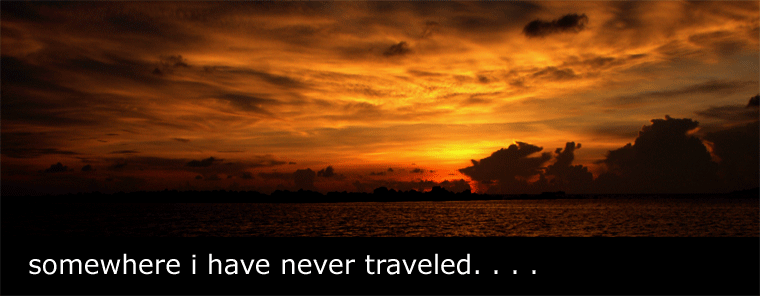‘Toi, tu ne mourras pas.’
Carl Sagan, the author of the novel Contact which was later made into a motion picture starring Jodie Foster and directed by Robert Zimeckis, was, in fact, a leading astronomer who played a crucial role in the Mariner, Viking, and Voyager expeditions which sent spacecrafts to other planets in our solar system. He was interested in showing the existence of life elsewhere in the universe. As author and commentator in the popular PBS television series Cosmos, he communicated his wonder at the universe in a manner which infected many of his viewers (it was, in fact, the highest rated television series of all time!). In his best selling book of the same title, he had the following dedication to his wife, Ann Druyan:
For Ann Druyan.
In the vastness of space and the immensity of time,
It is my joy to share
A planet and an epoch with Annie.
Sagan died in 1986 after a bout with bone disease. Years later, when asked about Sagan and his death, Ann Druyan shared the following:
"When my husband died, because he was so famous and known for not being a believer, many people would come up to me-- it still sometimes happens-- and ask me if Carl changed at the end and converted to a belief in an afterlife. They also frequently ask me if I think I will see him again. Carl faced his death with unflagging courage and never sought refuge in illusions. The tragedy was that we knew we would never see each other again. I don't ever expect to be reunited with Carl. But, the great thing is that when we were together, for nearly twenty years, we lived with a vivid appreciation of how brief and precious life is. We never trivialized the meaning of death by pretending it was anything other than a final parting. Every single moment that we were alive and we were together was miraculous-- not miraculous in the sense of inexplicable or supernatural. We knew we were beneficiaries of chance. . . . That pure chance could be so generous and so kind. . . . That we could find each other, as Carl wrote so beautifully in Cosmos, you know, in the vastness of space and the immensity of time. . . . That we could be together for twenty years. That is something which sustains me and it's much more meaningful. . . . The way he treated me and the way I treated him, the way we took care of each other and our family, while he lived. That is so much more important than the idea I will see him someday. I don't think I'll ever see Carl again. But I saw him. We saw each other. We found each other in the cosmos, and that was wonderful."
* * *
Today, we remember the lives and celebrate the memories of those who have gone ahead of us: parents, brothers, sisters, friends. Because I have not really experienced the death of anyone truly close to me, I cannot begin to imagine the sense of loss and emptiness which accompanies the experience: how one so vibrantly present could be so deeply and finally absent.
For Ann Druyan, as for all who have loved and have had to face the deep silence and inevitable parting of death, I suspect that what the French philosopher Gabriel Marcel said rings true: "to love someone is to say, ‘You will not die.’"
Eternal rest grant unto them, O Lord,
and let perpetual light shine upon them.
May the souls of the faithfully departed
through the mercy of God rest in peace.
Amen.




